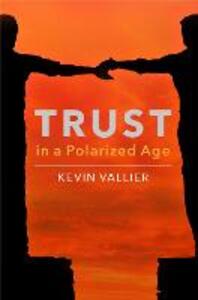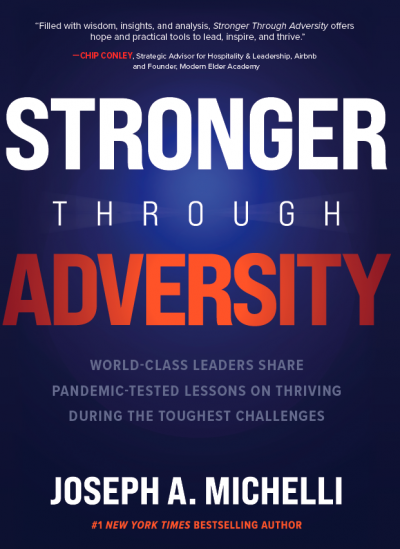EP 424 Are We More Divided Now Than Ever Before?
American politics is loud, angry and bristling, so what else is new? Well, the make-up of the two major parties, cut more neatly along ideological lines than any point in our past, seem unable to be the vehicle for the design and acceptance of consensus policies. Perhaps, that’s because it’s not so much policy disputes that define us as much as it is cultural differences over the question ‘who are we’. These issues have long been at the heart of the American debate as they deal with race, immigration and women’s rights. It’s just that in the past many of those disputes were intra-party squabbles that had both parties finding some common ground in the center of our politics. That space has been vacated for the moment, particularly as a large segment of white America ponders life in a generation which puts them in the minority. In his book, ‘Republic of Wrath’, Brown University professor James Morone walks us through our history to show us how are current day politics tracks with our history and how it diverges. He also offers us ideas and hope that where we are today, in this uncomfortable moment, is not where we will be in a decade or so. Let’s listen and hope he’s right.
Podcast: Play in new window | Download






